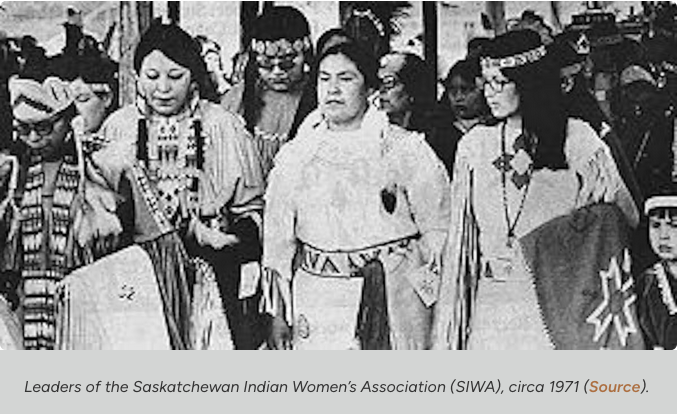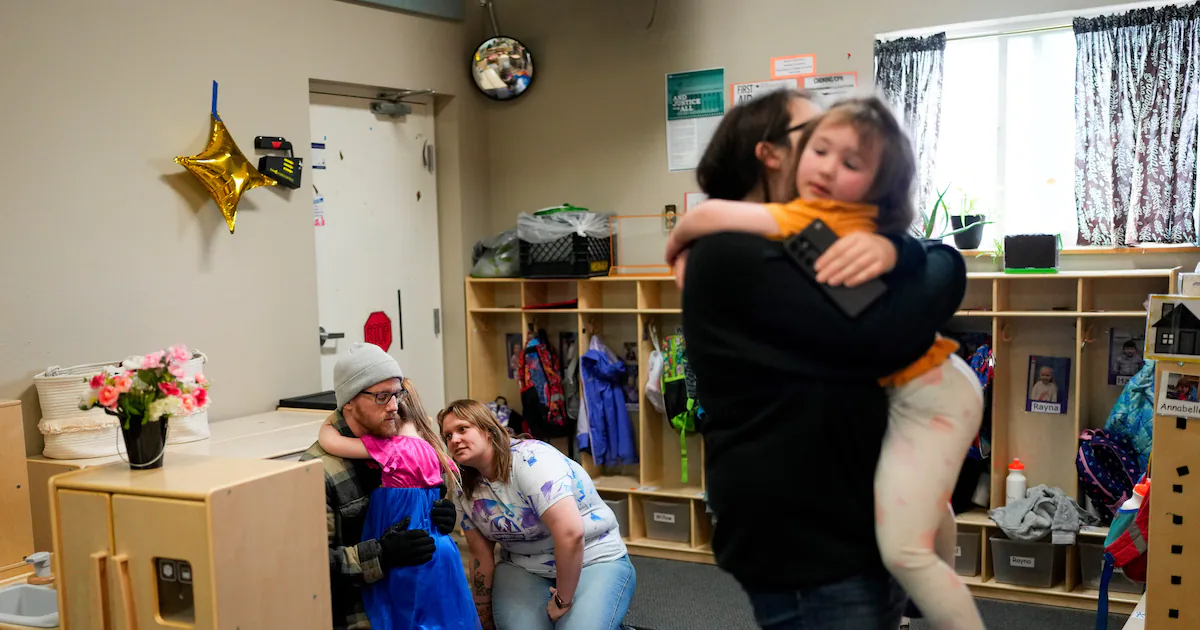Copyright paherald

Sheila Bautz Special to the Herald This is the second story in a two-part series on Saskatchewan Women’s History Month. Part one ran in Friday’s Daily Herald. The 1960s provided a pivotal decade in the history of North America overall for both women’s and human rights. The era challenged the status quo, human rights violations and important progressive movements in all sectors for non-Indigenous and Indigenous women. Across Canada and the USA, a growing movement began to rebalance existing inequalities between cultures and racial differences through various forms of advocacy. This increased the balance in the scales of justice. Along with African American resistance, Indigenous activism opposed systemic oppression in Saskatchewan and beyond. The Canadian Parliament also enacted the Canada Elections Act. The Act awarded all status First Nations people that were registered, the right to cast a vote in provincial and federal elections. However, in 1968, according to historical documents dated June 25, the Canadian citizens voting for their representatives who were elected on November 8, 1965, was dissolved on April 23, 1968. The Governor General issued the order as voting arrived again in the short three-year term. For the Governor General to issue such an order is a rare occurrence – as under the British North America Act, Parliament is limited to a maximum of a five year political term before holding the next election. The historical document issued by Canada in 1968 specifies that “All Canadian citizens, as well as British subjects resident in Canada for twelve months, both male and female and aged 21 and over… Veterans and active members of the Canadian armed forces, both men and women, who have not yet reached the age of 21 on polling day are also eligible to vote.” The document further categorizes voters who are ineligible to vote as, “However, the mentally ill, persons who have lost their civil and political rights, judges appointed by the Governor-General, the Chief Electoral Officer and his Assistant, and the Returning Officer in each electoral district are disqualified from voting.” During this time, the Canadian Bill of Rights also passed in parliament and referenced equality and non-discrimination amongst all people in the country. In the 1970’s, First Nation leader Isabelle McNab from Muskowpetung First Nation became President of the Saskatchewan Indian Women’s Association (SIWA). In 1972, McNab provided a powerful public introduction statement to address the multi-faceted issues that First Nations people faced. “Shall it soon be that, “the hand that rocks the cradle shall rule the world?” I think not just yet, but Indian Women today are letting other people know what they think and how they feel about problems on the reserves,” said McNab in her public introduction in 1972, “and are now doing something about it in their own way. We now have a voice, called SIWA.” Working closely with the Federation of Sovereign Indigenous Nations (FSIN), SIWA operated independently for over 35 years. The powerful organization addressed the Indian Act and gender inequalities set forth by the federal government. SIWA supported and assisted with advancing the rights of Indigenous women living on reservations and provided a link for the ladies to preserve and promote their culture. SIWA also aligned with the FSIN to counter many challenges together in their mission with Treaty rights, education, political participation and knowledge mobilization. In 1980, Sadie Cote became the president of SIWA. Her leadership and political advocacy on behalf of Saskatchewan Indigenous women proved instrumental with the inclusion of the province’s Indigenous women in politics. It also addressed raising awareness about the needs of Indigenous women. In 2006, Joan Beatty, the Federal Minister Responsible for The Status of Women, released a statement addressing the ongoing gender issues in Canada. “March 14th, 1916, is probably one of the most important historical dates for women living in Saskatchewan,” said Beatty. “Winning the right to vote was a major step forward for Saskatchewan women and it became a stepping stone to even greater social reform and women’s equity rights.” Prior to The Saskatchewan Elections Act amendments, Saskatchewan’s provincial elections were governed by The Dominion Elections Act 1900. The 1900 Act stipulated, “No woman, idiot, lunatic or criminal shall vote”. The message from the patriarchal government demonstrates the culture women of all ethnic backgrounds faced in the foundation of Canada from 1876. “[W]e must also acknowledge the struggles of suffragettes… who played such a major role in championing women’s right to control their own destiny,” Beatty said in 2006. “Over time, women subsequently won the right to legally own property, be guardians of their children, earn their own income and hold public office.” In 2017, the newly-elected One Arrow First Nation Chieftess Tricia Sutherland — whose mother, Mary Claire, became Chieftess of their First Nation near Batoche in the mid-1990s, released a public statement. “I think we all run to give back to our communities,” said Sutherland. “The Elders have said there again will be a time when women start leading. The time is here.” In 2024, past Federal Minister Ien further acknowledged that presently, “[W]omen across all sectors continue to face systemic barriers, including gender-based biases, discrimination, sexual harassment, gender-based violence, and pay equity challenges.” Saskatchewan Chieftess Historian, Executrix Director of the Royal United Services Institute and Authoress, Kelsey Lonie, recently emphasized the importance of providing a Voice to the women who advocated for Saskatchewan women. “Throughout Saskatchewan’s history, women have been catalysts for real and lasting change,” said Lonie. “Yet their contributions are often overlooked. By foregrounding their voices and stories this month, we expand the historical record and help future generations understand the full scope of who we are and how we came to be.” Lonie’s forthcoming book, A Vacation for Victory: An Illustrated History of the Women’s Land Army in Canada (May 2026), explores the successful mobilization and contributions of prairie women during World War Two.



